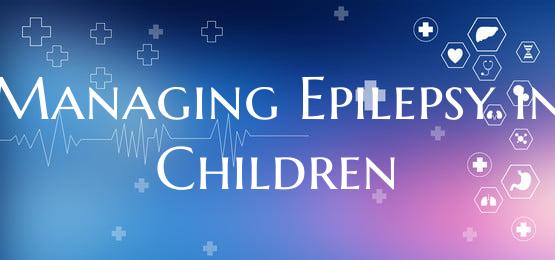
Managing Epilepsy in Children
Epilepsy is a neurological disorder that affects people of all ages, including children. Managing epilepsy in children involves a comprehensive approach that encompasses both medical treatment and lifestyle adjustments to ensure the well-being and quality of life for the child. Here are some key strategies for effectively managing epilepsy in children:
1. Medical Management: - Consult with a pediatric neurologist: It is important to work closely with a pediatric neurologist who specializes in epilepsy to develop a tailored treatment plan for the child. - Medication: In most cases, epilepsy in children is managed through medication. It is crucial to ensure that the child takes their medication as prescribed and to monitor the effectiveness and any side effects.
2. Seizure First Aid: - Educate caregivers and teachers: It is essential to educate caregivers, teachers, and other individuals who regularly interact with the child on how to respond to a seizure. - Create a seizure action plan: Work with the child's healthcare team to develop a seizure action plan that outlines steps to take during a seizure, including when to administer rescue medication if necessary.
3. Lifestyle Management: - Healthy lifestyle habits: Encourage the child to maintain a healthy lifestyle by eating nutritious foods, getting regular exercise, and ensuring an adequate amount of sleep. - Stress management: Help the child develop strategies to manage stress, as stress can sometimes trigger seizures in individuals with epilepsy.
4. Monitoring and Follow-up: - Regular follow-up appointments: Schedule regular follow-up appointments with the pediatric neurologist to monitor the child's progress and adjust treatment as needed. - Keep a seizure diary: Keeping a seizure diary can help track seizure frequency, triggers, and response to medications, providing valuable information for the healthcare team.
5. Support and Education: - Support groups: Consider joining a support group for families of children with epilepsy to connect with others who understand the challenges and share experiences. - Education: Educate the child about their condition in age-appropriate terms and empower them to be an active participant in their own care.
Managing epilepsy in children requires a collaborative effort between the child, their family, healthcare providers, and educators. By implementing a holistic approach that addresses medical, lifestyle, and emotional aspects, children with epilepsy can lead fulfilling lives while effectively managing their condition.